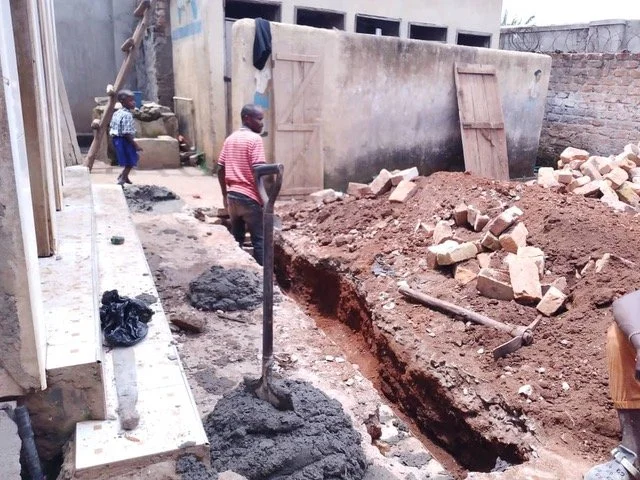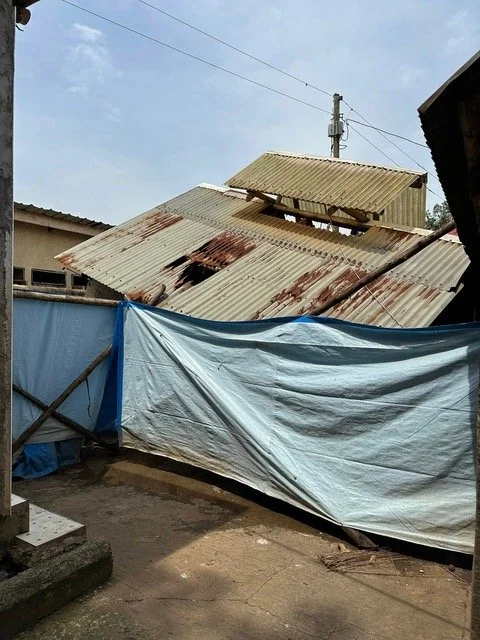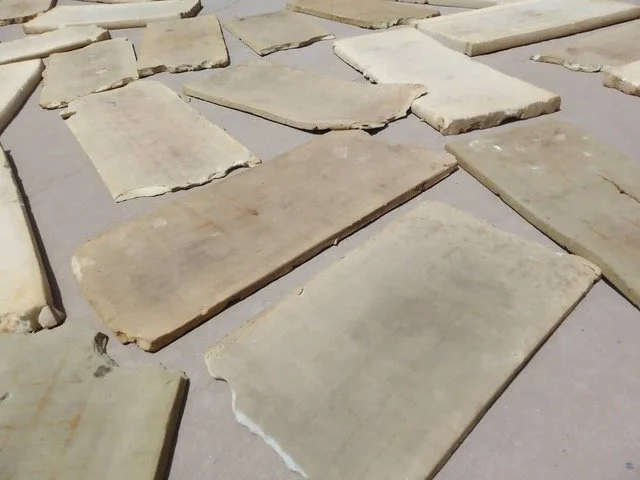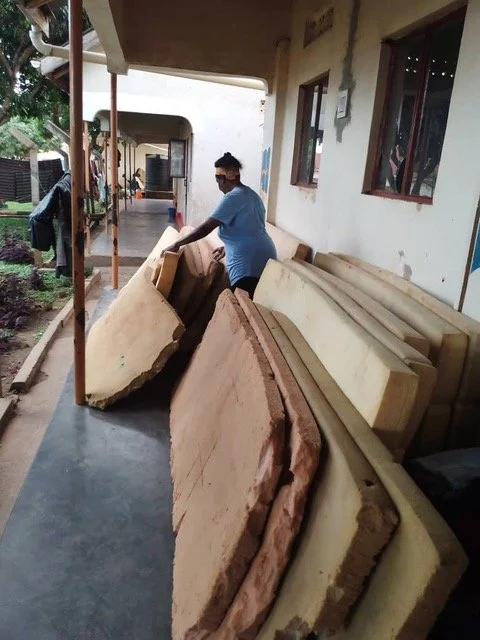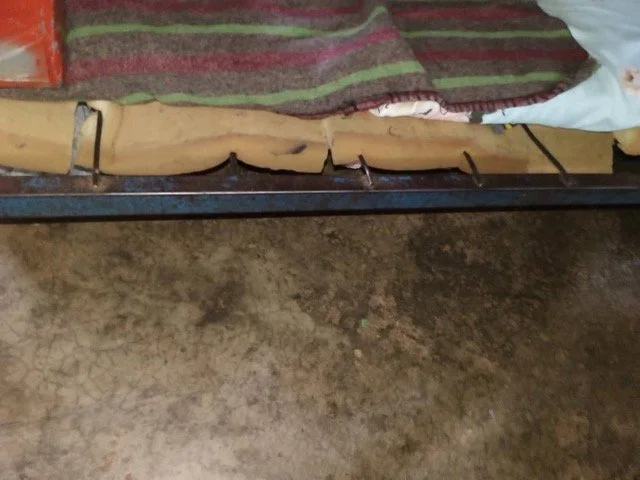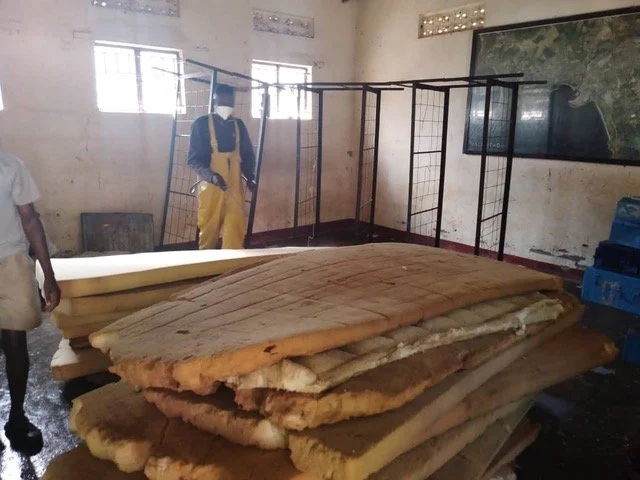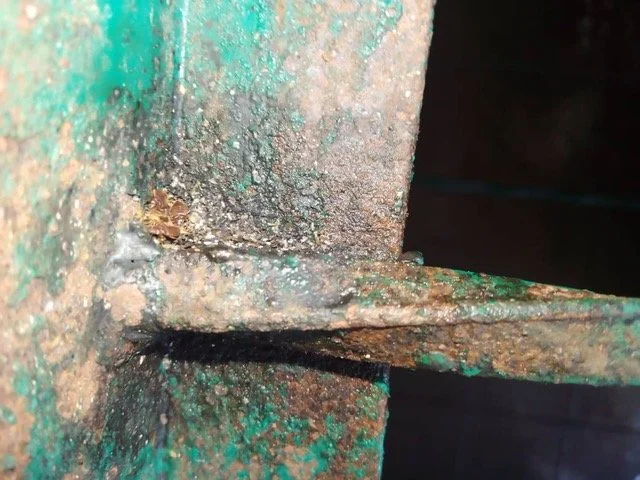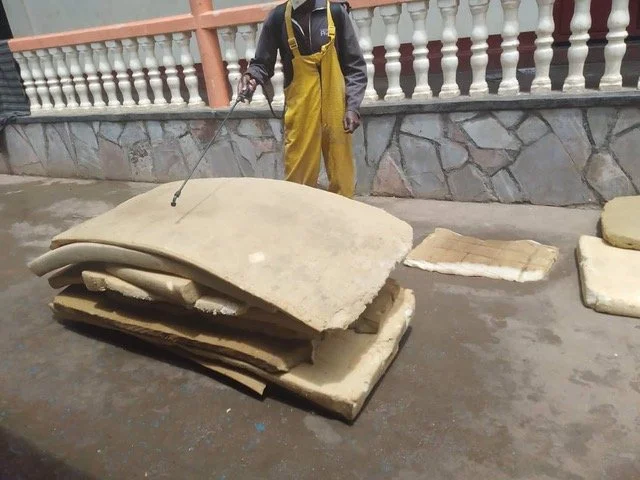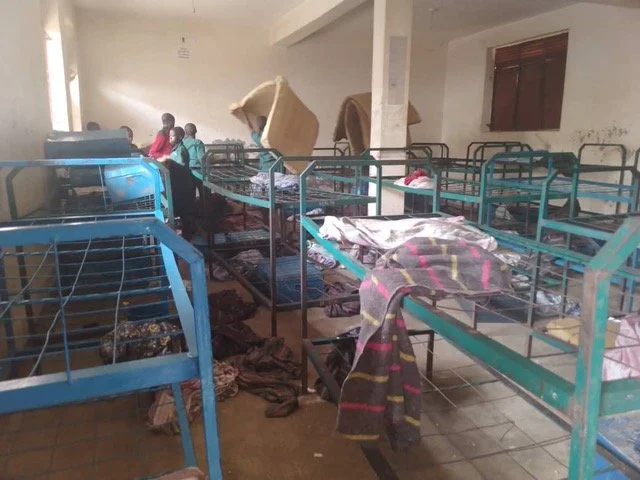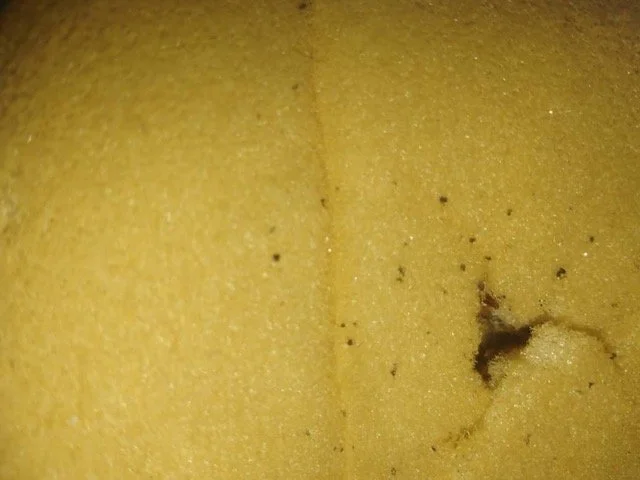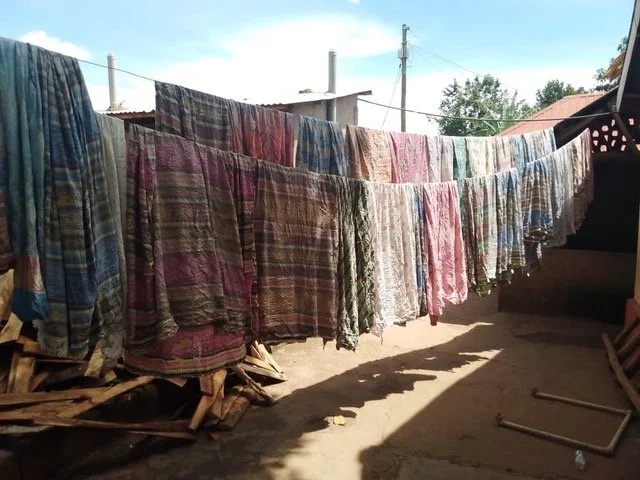2025- Ssenyange Education Project
-

Ssenyange Education Project is a Swedish charity which support the Ssenyange Education Centre since 2003. The centre is a Primary school (P1-P7 + nursery section) with 309 students in Masaka, a city in the south-west of Uganda in East Africa.
The general situation for many Ugandans is that they face poverty, with limited access to healthcare and education. The government has been criticized for restricting freedom of speech and targeting opposition figures. Corruption is a widespread and deeply rooted issue in Uganda, affecting both the public and private sectors.
Uganda was one of the countries hardest hit by the HIV/AIDS crisis, especially in the 1980’s and 1990’s. Many adults died from AIDS-related illnesses, leaving behind children without parents. As of today, Uganda still has hundreds of thousands of children who lost one or both parents to HIV/AIDS.
Some children become orphans not due to death, but because of family abandonment, domestic abuse, or teenage pregnancies. Uganda has high rates of poverty, malnutrition, and preventable diseases, such as malaria and tuberculosis.
The aim of the school is to provide education to young children in need and especially to orphans affected by HIV/AIDS. The school's motto is reconciliation. This means that all people regardless of colour, gender, age, religion, tribe and clan should be able to work together at this school. The activities are financed entirely by donations from Swedish based individuals, organisations and companies.The Ssenyange Education Centre is a school for needy children only and is totally free of charge for the students. Most of the students live at the school.
Ssenyange Education Project operate without administrative costs and salaries. Funds are constantly raised to cover all the running costs at the school, such as salaries to teacher and other staff, food, scholastic materials, medicines etc.
The project also engage and support the students in further education after P7. The students in further education spend 4 years in Secondary school and then 2 years in vocational training. -
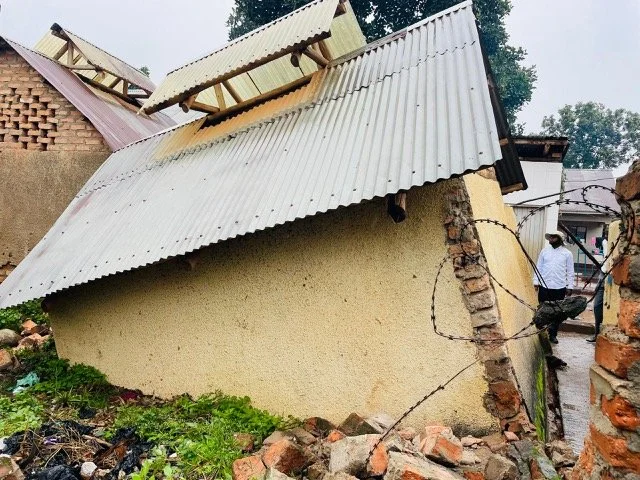
Project 1: Rebuilding the girl’s toilets and add a separate hygiene room. Project 2: Repairments of dormitory beds and purchase of mattrasses, covers and blankets.
Project 1: In early 2025, the girls' toilet (see picture) was destroyed in a landslide due to the ground being undermined by a torrential downpour. The toilet is of a traditional standard (pit latrine). It is of utmost importance that the toilet facilities can be rebuilt.
In connection to replace the very necessary toilets a separate hygiene room for the girls will be built. It is a room where they can handle menstrual cups, wash cloths, sanitary pads, etc. during their periods.
As in many countries in Africa water is a scarce resource. To be able to secure access to water there is a need to improve the ability to capture rainwater from the roofs. To be able to do so the school need to repair and replace gutters downpipes and buy more water tanks.
Project 2: An immediate urgency is to equip the current dormitories with new or repaired beds (welding and repainting to prevent attracting bedbugs), mattresses and blankets as they are old and worn out which makes it possible for bedbugs to gain a foothold.
Since many children are bedwetters, the mattresses are worn out from all the washing. The dream would be to have several mattresses in stock so that damaged mattresses can be replaced when needed.
This became especially relevant today as the dormitories are sprayed against bedbugs (this is done during the school holidays) and all mattresses and blankets are washed.
This time there are so many bedbugs, and the mattresses and blankets are in bad condition. Please see the pictures. The school is still able though to use some of the matrasses in the pictures.
